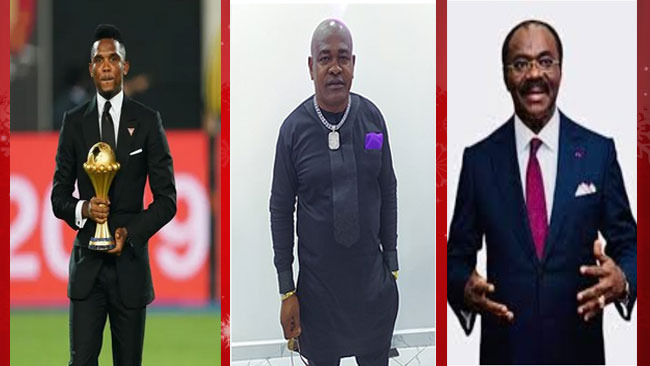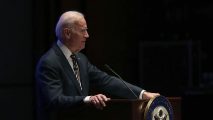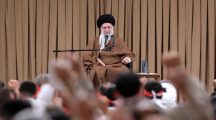Privacy Overview
This website uses cookies so that we can provide you with the best user experience possible. Cookie information is stored in your browser and performs functions such as recognising you when you return to our website and helping our team to understand which sections of the website you find most interesting and useful.


















22, March 2018
France’s Sarkozy faces second day of questioning in Gaddafi funds case 0
Judges in France placed former French president Nicolas Sarkozy under formal investigation on Wednesday over allegations of illegal campaign financing, a judicial source said. Sarkozy was released from under judicial supervision after two days of questioning over allegations that his 2007 election campaign received funding from the late Libyan leader Muammar Gaddafi, the source said.
He is being investigated for illicit campaign financing, misappropriation of Libyan public funds and passive corruption, the source said confirming a report in Le Monde newspaper. It is the second major investigation for Sarkozy, who is also facing charges of illicit campaign spending overruns during his failed re-election bid in 2012.
The current questioning relates to accusations made by a Franco-Lebanese businessman, Ziad Takieddine, who says he helped funnel 5 million euros ($6 million) from Gaddafi’s intelligence chief to Sarkozy’s campaign chief ahead of the 2007 election.
Gaddafi’s son, Saif Al Islam told Africanews on Tuesday that he is willing to testify and offer evidence against Sarkozy relating to the campaign financing of the 2007 campaign.
Neither Sarkozy nor his lead lawyer have commented publicly since the 63-year-old first answered the police summons on Tuesday. Sarkozy has in the past dismissed the allegations as “grotesque” and described them as a “manipulation”.
The inquiry began in 2013, after investigative website Mediapart published Takieddine’s allegations.
In an interview with Lebanon’s L’Orient du Jour newspaper published on Tuesday, Takieddine said he acted as an intermediary between France and Libya during the time that Sarkozy served as interior minister, before his election bid.
Five months after Sarkozy was elected president, Gaddafi visited him in Paris. It was the eccentric Libyan leader’s first state visit to a Western capital in decades, and he pitched a Bedouin-style tent near the Elysee Palace.
Later, Sarkozy became one of the chief advocates of the NATO-led campaign against Gaddafi that resulted in the dictator’s overthrow and killing by rebels in 2011.
In France, investigators can interrogate people for up to 48 hours, after which they must release them or notify them that they are being put under formal investigation, which signals serious suspicion but does not automatically lead to trial.
It was not immediately clear when Sarkozy might know his fate, given that his questioners are free to stop the clock for breaks, sleep or longer timeouts between question-and-answer sessions before their 48-hour limit is up.
Sarkozy, once branded a “bling-bling” president, has been dogged for years by political scandals, but none has led to a conviction.
He is not the first French president to be questioned by police after leaving office.
His predecessor, Jacques Chirac, was convicted in 2011, after his retirement, of misusing public funds to keep allies in phantom jobs. He was the first French head of state to be convicted of a crime since Nazi collaborator Marshall Philippe Petain in 1945.
Source: Africa News